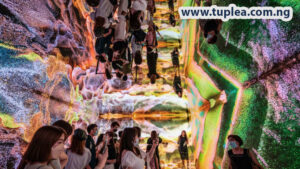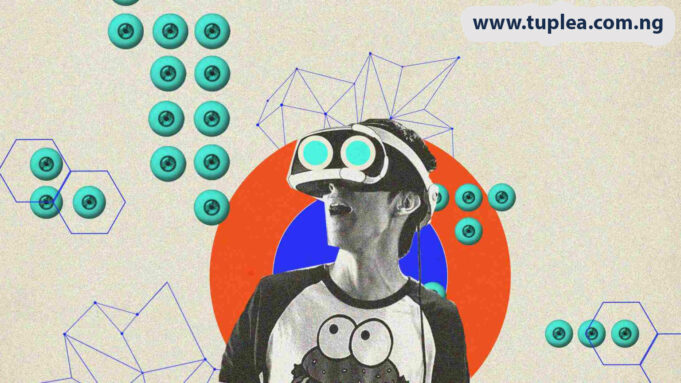Since Facebook Inc. changed to Meta, there has been a rise in the popularity of Metaverse. Hardly would you see any internet user that hasn’t come across that word.
What is this Metaverse?
The metaverse can be defined as a simulated digital environment that uses augmented reality (AR), virtual reality (VR), and blockchain, along with concepts from social media, to create spaces for rich user interaction mimicking the real world.
Think of metaverse as set of virtual spaces where you can create and explore with other people who aren’t in the same physical space as you. You’ll be able to hang out with friends, work, play, learn, shop, create, and more.
Promoters of the metaverse envisioned its users working, playing and staying connected with friends through everything from concerts and conferences to virtual trips around the world.
Is Metaverse Achievable?
Aspects of metaverse already exist. Ultra-fast broadband speeds, VR headsets and persistent always-on online worlds are already up and running. There are online game universes such as Fortnite, Minecraft and Roblox.
Over the next couple of years, metaverse is going to become more and more common place in daily life. Companies, entrepreneurs and everyone in between are going to look at how to take advantage of the next big wave in tech where instead of spending time in a browser or a domain, users will be fully immersed in a virtual world.
The Place of Money and Art in the New World


The metaverse is still in its early innings, but NFTs are a critical step toward realizing its potential. One key concept is decentralization. NFTs make sure your digital ownership is transferable across any online space.
Before crypto, online worlds like Second Life and Roblox were the closest we got to the metaverse. But an item bought in Second Life or in Roblox isn’t transferable outside those realms. Fortnite has sold $1 billion of digital goods, but those goods are worth $0 outside of Fortnite.
Metaverse, as opinionated by Meta’s Mark Zuckerberg, will make use of a decentralized system, so will not be controlled by only one company of group. The blockchain is a universal language which makes decentralization possible. In fact, Ethereum—the cryptonetwork underlying the digital art and NFT worlds—was born from this fact.
The Future We Expect
The future of the internet is immersive. Digital spaces will transform how people socialize and work. Actions in real estate, Crypto and NFTs are fueling growth.


Today’s Roblox developers will grow up to populate the metaverse with digital clothing, digital furniture, digital parks, digital skyscrapers. Workers who build today’s Airtable apps will build tomorrow’s virtual offices. Merchants who open Shopify or Cashdrop stores today will design virtual, 3D stores tomorrow. And today’s TikTok stars will build entertainment experiences within virtual worlds.
The Future of Job is Virtual
As with all new technology, companies need staffs that understand how it can be applied. They can’t be easily found in real life or the best talents aren’t always near you location-wise so getting them from the metaverse is the best way forward for our niche projects.
Metaverse is now expected to be the internet’s next big thing, opening up opportunities for developers, entrepreneurs, and innovators.
More than the current internet professions, given the whole digital and immersive nature of the Metaverse, we will not be able to make the difference between a human worker and an artificial intelligence carrying out activities in the Metaverse. These jobs could just as well be in Fashion, Health & Well-being, Social Activities, Leisure, or even Law Enforcement.









